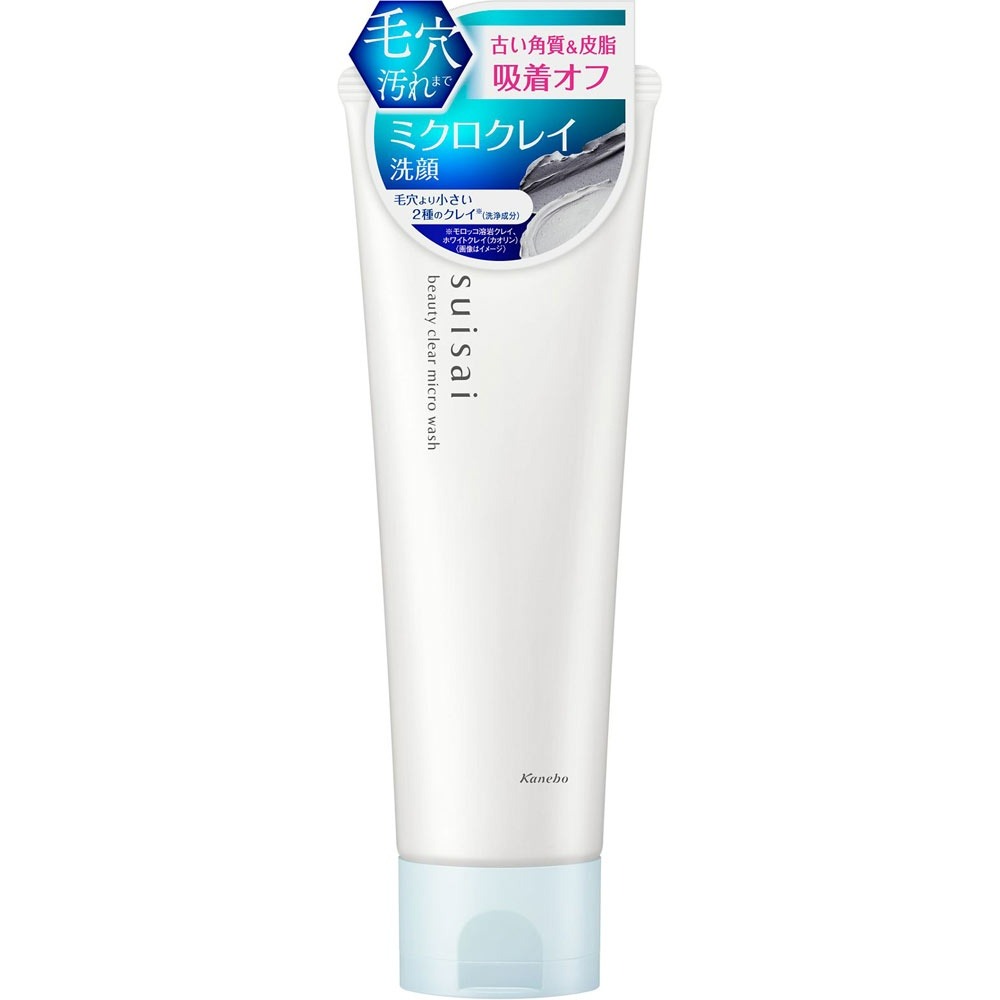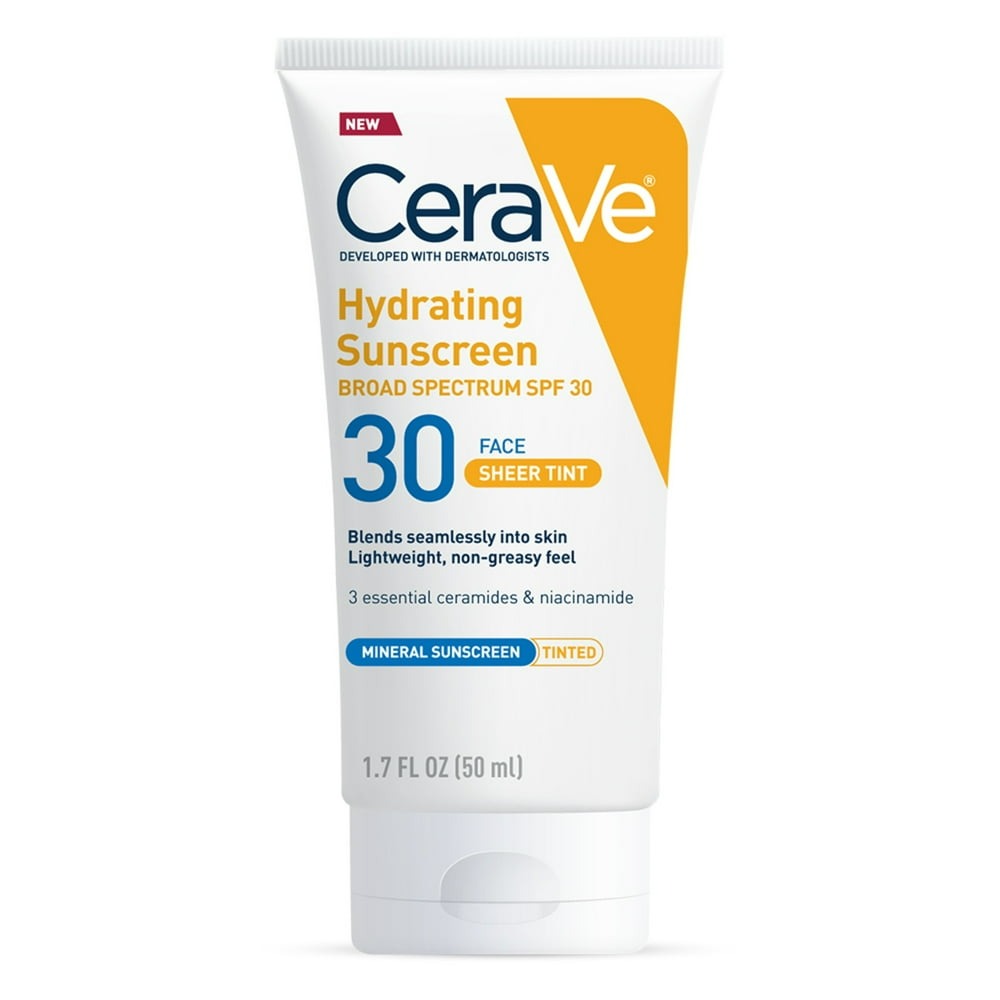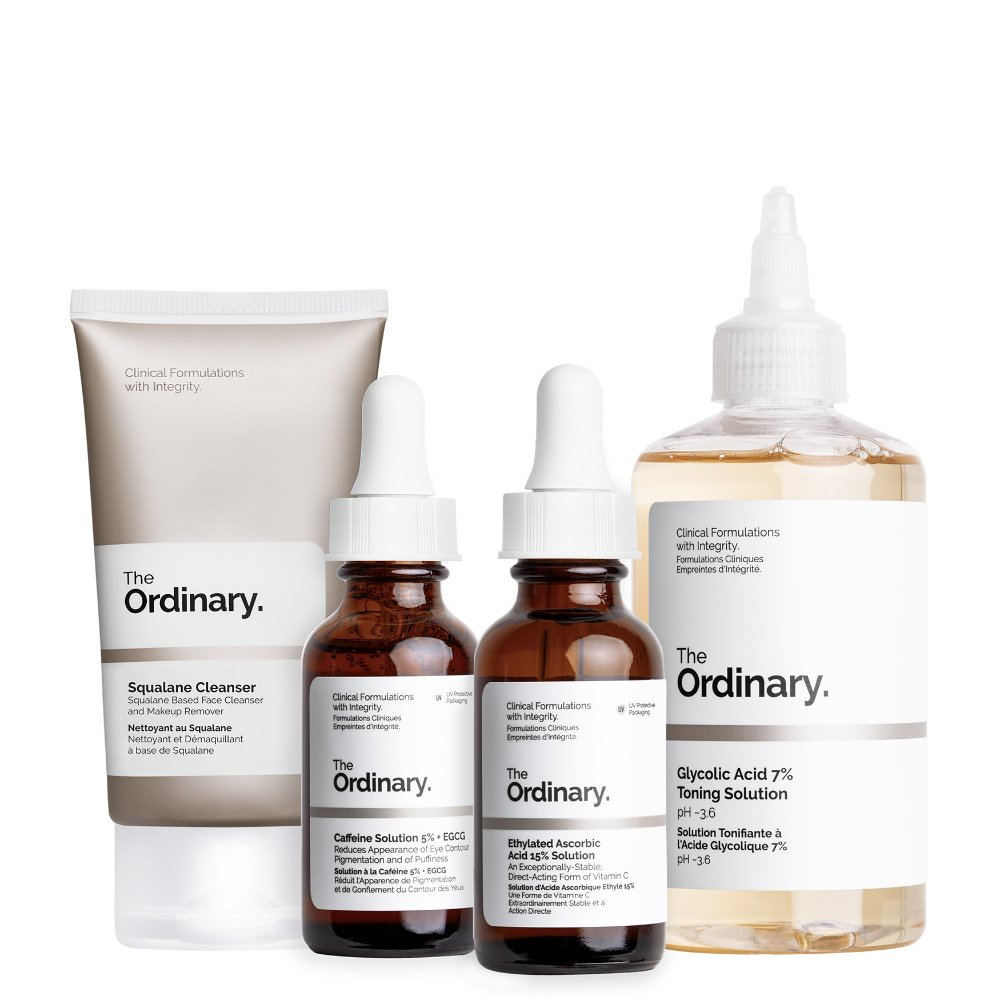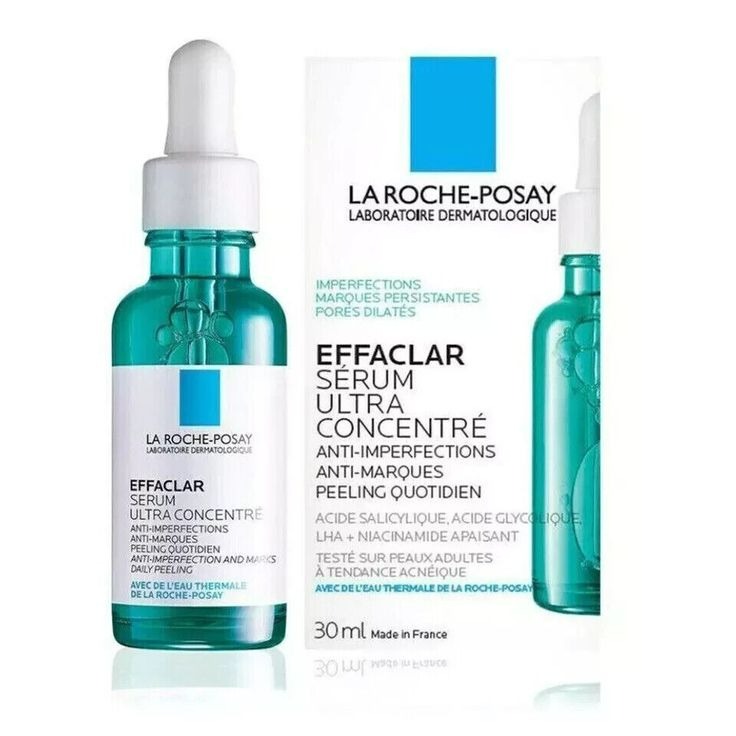Identifying Sensitive Skin Types
Sensitive skin can vary widely from person to person. Yet, common signs help identify it. These include redness, irritation, and frequent reactions to products. To determine if you have sensitive skin, pay attention to how your skin feels. Does it often become red or inflamed after trying new products or being exposed to the sun? Maybe it feels itchy or tight without an obvious reason? If you answer yes to these questions, you likely have sensitive skin.
Start with understanding your skin’s reaction patterns. Keep a diary of products used and skin responses. Note any redness, itching, or breakouts. This practice helps pinpoint triggers for your skin sensitivity. You may also consider a visit to a dermatologist. These skin experts can perform tests to confirm if you have sensitive skin. They can also rule out other conditions that might mimic sensitivity.
Remember to patch test new skin care products. Choose a small, discreet area of skin. Apply a tiny amount of product and wait 24 to 48 hours. If no reaction occurs, it’s safer to use on a larger skin area. People with sensitive skin should always patch test. It’s a crucial step in skin care for sensitive skin.

The Importance of Patch Testing
Patch testing stands as a critical process in skin care for sensitive skin. This simple yet effective strategy can prevent allergic reactions and skin flare-ups. Here’s why patch testing is essential for anyone with sensitive skin:
It Reveals Potential Allergens
A patch test can show if a product irritates your skin. Apply a tiny amount to a discreet area and wait. No reaction after 48 hours often means it’s safe for you.
It Protects Your Skin’s Health
Testing in a small area prevents widespread skin distress. It keeps your sensitive skin free from unneeded exposure to irritants.
It Saves Time and Money
Finding out a product is unsuitable early on saves you from wasting time on a full-scale trial. You avoid investing in products that may ultimately harm your skin.
It Helps You Understand Your Skin
Regular patch testing helps you learn more about your skin’s specific triggers. This knowledge can guide you in choosing the right skin care for sensitive skin.
Patch testing is a preventative tool. It should be a standard part of your skin care regimen. For safe and healthy skin, never skip the patch test when trying new products.
Ingredients to Avoid for Sensitive Skin
When it comes to skin care for sensitive skin, knowing what to avoid is just as crucial as knowing what to use. Certain ingredients can be harsh and provoke reactions. Here are common culprits that may trigger sensitive skin issues:
- Fragrances: Often a source of irritation, fragrances can lead to redness and discomfort. Opt for fragrance-free products.
- Alcohol: High concentrations can dry out the skin, causing itching and peeling. Avoid alcohol-based toners or astringents.
- Sulfates: Ingredients like sodium lauryl sulfate can strip skin of natural oils. Look for sulfate-free cleansers.
- Parabens: These preservatives can cause irritation and allergic reactions. Choose paraben-free products when possible.
- Essential Oils: While natural, some essential oils are potent and can irritate sensitive skin. Use them with caution.
- Synthetic Dyes: These can lead to skin irritation. Seek out products without artificial colorants.
- Retinoids: Powerful anti-aging ingredients, but may cause redness and sensitivity. Start with lower concentrations if necessary.
Avoiding these ingredients can help prevent flare-ups and maintain skin health. Always read labels and patch test new products. This will ensure a happier experience with your skin care for sensitive skin routine.

Recommended Ingredients for Sensitive Skin Care
When managing sensitive skin, choosing the right ingredients is essential. Here are some skin-friendly ingredients that can nourish without causing irritation:
- Hyaluronic Acid: This moisturizing powerhouse retains water, hydrating the skin deeply.
- Aloe Vera: Known for its soothing properties, aloe vera can calm and repair sensitive skin.
- Glycerin: A humectant that draws moisture into the skin, keeping it hydrated and comfortable.
- Niacinamide: This vitamin B3 derivative helps strengthen the skin’s barrier, reducing inflammation.
- Ceramides: These lipid molecules help restore the skin’s protective barrier, preventing moisture loss.
- Oatmeal: Oats have natural anti-inflammatory and moisturizing properties, ideal for sensitive skin.
- Chamomile: Contains anti-inflammatory properties that can soothe and calm skin irritation.
When you shop for skin care for sensitive skin, always check the ingredient list. Go for products with these recommended components. They cater to sensitive skin’s unique needs. Perform a patch test before fully integrating new products into your routine.
Daily Skincare Routine for Sensitive Skin
Developing a daily skincare routine is vital for those with sensitive skin. A routine keeps your skin balanced and can reduce the likelihood of irritation. Here are key steps to follow every day:
- Gentle Cleansing: Start with a gentle cleanser. Use lukewarm water to wash your face twice a day. Avoid hot water as it can strip your skin of natural oils.
- Toning: Apply an alcohol-free toner. It helps to soothe the skin and prepare it for moisturizing.
- Serum Application: Use a serum with ingredients like niacinamide or hyaluronic acid. They boost hydration and fortify the skin’s barrier.
- Moisturizing: Find a good quality moisturizer suited for sensitive skin. It should be fragrance-free and contain soothing components like ceramides or aloe vera.
- SPF During the Day: Always apply sunscreen in the morning. Look for mineral-based formulas specifically designed for sensitive skin.
- Evening Care: At night, repeat cleansing and moisturizing. You can also add a targeted treatment if needed, but ensure it’s gentle.
By sticking to these routines, people with sensitive skin can maintain a healthy, happy complexion. Remember, a patch test is key before adding any new steps to your regimen. Stick with skin care for sensitive skin and give your skin time to adjust to new products.

The Role of Moisturizers in Sensitive Skin Health
Moisturizers hold a crucial place in caring for sensitive skin. Their role cannot be overstated. Here are several reasons why they are so important:
- Hydration: Sensitive skin often lacks moisture. A good moisturizer traps water in the skin. This prevents dehydration and discomfort.
- Barrier Protection: They strengthen the skin’s barrier. This stops irritants from causing damage or initiating flare-ups.
- Soothing Effects: Ingredients like aloe vera and chamomile in moisturizers soothe inflammation. This is key to managing sensitive skin.
- Reduced Redness: Quality moisturizers can reduce redness. They do so by calming the skin and reducing inflammatory responses.
When choosing a moisturizer for sensitive skin, seek fragrance-free formulas. Also, look for products with hyaluronic acid, glycerin, or ceramides. These ingredients support moisture and barrier health.
Apply your moisturizer right after cleansing and toning. This seals in moisture and prepares the skin for any additional treatment. Remember to patch test new moisturizers. And, allow for gradual introduction into your routine.
Consistent use of suitable moisturizers is key. It ensures ongoing comfort and health for sensitive skin. Stick to a routine and be gentle with your skin. This will yield the best results over time.
Sun Protection for Sensitive Skin
Ensuring ample sun protection is vital for sensitive skin. Sun exposure can aggravate sensitive skin issues, resulting in discomfort and potential damage. Here are key points to keep in mind for effective sun protection:
- Use Mineral Sunscreens: Opt for sunscreens with zinc oxide or titanium dioxide. These minerals protect without harsh chemicals.
- SPF 30 or Higher: Choose products with SPF 30 or more for adequate defense against UV rays.
- Frequent Application: Reapply sunscreen every two hours, especially after sweating or swimming. This maintains protection.
- Sensitive Skin Formulas: Look for sunscreens labeled as suitable for sensitive skin. These are less likely to cause irritation.
- Avoid Peak Sun Hours: Stay out of the sun during peak hours, typically from 10 AM to 4 PM, to minimize exposure.
- Cover Up: Wear clothing that covers the skin, such as long sleeves and wide-brimmed hats. Protection is key.
- Soothing Ingredients: Select sunscreens with added soothing ingredients like aloe or niacinamide, if available.
Remember to always do a patch test with a new sunscreen, adhering to the same careful approach as with other skin care for sensitive skin products. Integrating these sun protection tips into your daily regimen will help preserve your sensitive skin’s health and comfort.
Managing Sensitive Skin Flare-Ups
Even with the best care, sensitive skin can sometimes flare-up. When this happens, knowing how to manage it is key. Here’s a guide to calming and treating sensitive skin flare-ups effectively:
- Stay Calm: Stress can make skin issues worse. Try to stay relaxed and manage stress through activities like yoga or meditation.
- Simplify Your Routine: When your skin is upset, cut back on products. Use only gentle cleansers and moisturizers until your skin calms down.
- Cool Compresses: Applying a cool, damp cloth can soothe irritated skin. It helps reduce redness and swelling.
- Avoid Known Triggers: Once you know what causes your flare-ups, try to steer clear of these triggers in your daily life.
- Seek Medical Advice: If flare-ups are severe or frequent, consult a dermatologist. They can prescribe treatments or suggest changes to your routine.
- Hydrate Well: Inside and out, hydration is crucial. Drink plenty of water and use hydrating products on your skin.
- Be Gentle: Do not rub or scratch your skin. Pat it dry and apply creams softly. Rough treatment can make flare-ups worse.
By taking these steps, you can manage sensitive skin flare-ups better. Remember, patience is important. Give your skin time to heal and do not rush the process. Stick to skin care for sensitive skin, and your skin will thank you.
